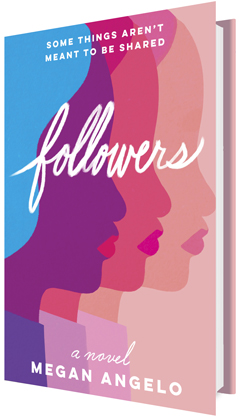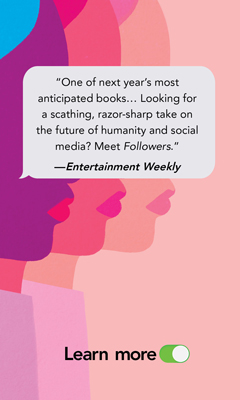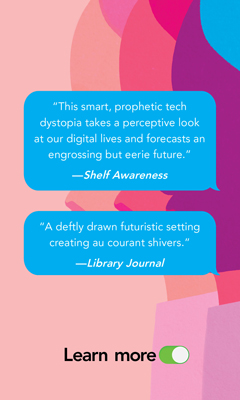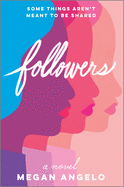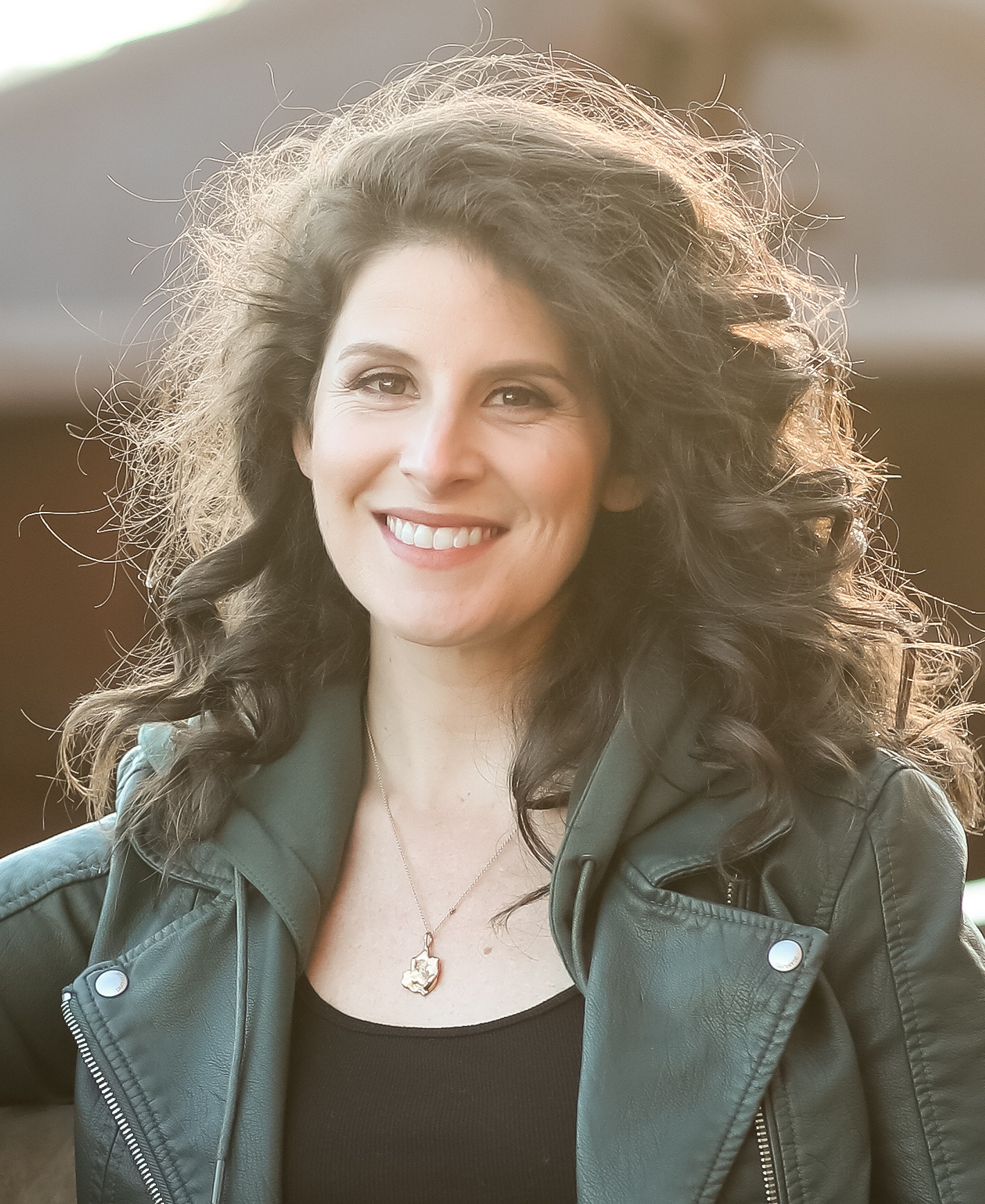Followers
by Megan Angelo
Megan Angelo has written about women and television for Glamour, youth activism and social media for Elle and reality TV for the New York Times. In her debut novel, she uses those topics as fodder for her explosive imagination. The shrewd and surprisingly moving result is a darkly prophetic novel that takes an incisive look at women, fame and the future of social media stardom.
In 2015, aspiring novelist Orla Cadden toils in obscurity at New York City click-bait farm Lady-ish, chronicling celebrity fashion and gossip. She tells herself she's biding time until her big break, but when the washed-up actress she usually covers dies, Orla realizes she's at a dead end. With nothing to show for her career besides an unfinished novel and a long list of throwaway blog posts, she needs help leveling up. Her turning point arrives in the form of Floss, a would-be social media influencer who believes Orla can make her famous. The two young women form an alliance, and Orla uses her Lady-ish position to gain a following for Floss. However, as Floss's star rises, jealousy and mistrust worm into their relationship, and the slippery nature of Internet fame whiplashes their plans more than once. Wrapped up in their own struggles, neither suspects the technological disaster looming over their entire nation, or that their actions will have dire repercussions decades in the future.
"Meet Marlow.... She knows just how you feel." In the year 2051, Floss's grown daughter, Marlow, lives in Constellation, a ready-made community built over the ashes of a wildfire-ravaged California county. In this town, theatrical lighting produces perfect sunsets, the laser-cut leaves on the man-made trees change color at the push of a button and the entire population exists in a state of perpetual reality programming. Government-appointed celebrities spend nearly every moment of their lives on camera feeds broadcast by the new state-controlled Internet. In the world outside, their followers watch, comment and absorb the barrage of advertising messages embedded in the stars' product choices, including food, clothing, medical procedures and pharmaceuticals. Network execs hide themselves among extras to oversee the talent, giving direction the audience never sees. Her pesky emotions smoothed to neutral by Hysteryl, the antidepressant whose manufacturer sponsors her media feed, Marlow goes through the motions of her studio-ordained marriage and accepts that the studio will not allow her to travel outside Constellation. When she and her husband, Ellis, receive the notification that they will begin a pregnancy plot arc, the boutique genetic design process for the child reveals startling information about Marlow's background. Shocked and determined to unravel the resulting mystery, Marlow flees into the real world. However, Constellation won't let one of their biggest stars escape so easily, and with 12 million followers chasing her in what they believe is a planned publicity stunt, Marlow may not find her answers in time.
In chapters alternating between the two time periods, Angelo unspools a dual narrative that carries the current confluence of social media, entertainment and advertising to natural but frightening conclusions. Comparisons to the British television drama Black Mirror naturally spring to mind throughout the story, but perhaps nowhere more so than in Angelo's imagined future. Marlow lives a life in which security comes at the cost of independence. Her contracts imprison her, her options are as limited and controlled as those of a Victorian lady and even her thoughts are partially scripted. The evolution of unobtrusive, embedded smart technology reaches an alarming zenith in "devices," standalone smart jewels that transmit content and messages directly into their users' brains in the first person. If Marlow leaves filming range for the privacy of a bathroom, her device plays the words "I should return to an on-camera space" in her brain as though she thought them herself.
Floss and Orla's exploits illustrate the dangers of trying to harness social media's power for personal gain. Grabbing the social media spotlight may bring fame, but it shines most brightly on embarrassment and catastrophe. Angelo sharpens the tension by adding a satiric bite that provides a constant reminder that Internet and reality television fame are tricky balancing acts. Even her characters' successes have the precarious feel of watching someone cross thin ice. This portrait of two bright young things living on the edge evokes the precipice on which their world unknowingly teeters as citizens consume digital media voraciously, never expecting it to consume them in return.
Although fast-paced, Followers will make rich discussion material for book clubs, raising hard questions about the price of celebrity, the ethics of technology use and how much of today's entertainment contains subtle commercials. At the same time, its core sings with emotion. Angelo's high-concept plot hangs gracefully on the framework provided by the interesting chemistry between her characters. Somewhere in Floss and Orla's complicated history lies the answer to the mystery Marlow pursues, unfolding for the reader as she tracks through the clues. An excavation of a complex female friendship as well as a deep dive into the direction social media is pulling the U.S., Angelo's first outing is sharp, perceptive and ultimately hopeful. --Jacki Fulwood



